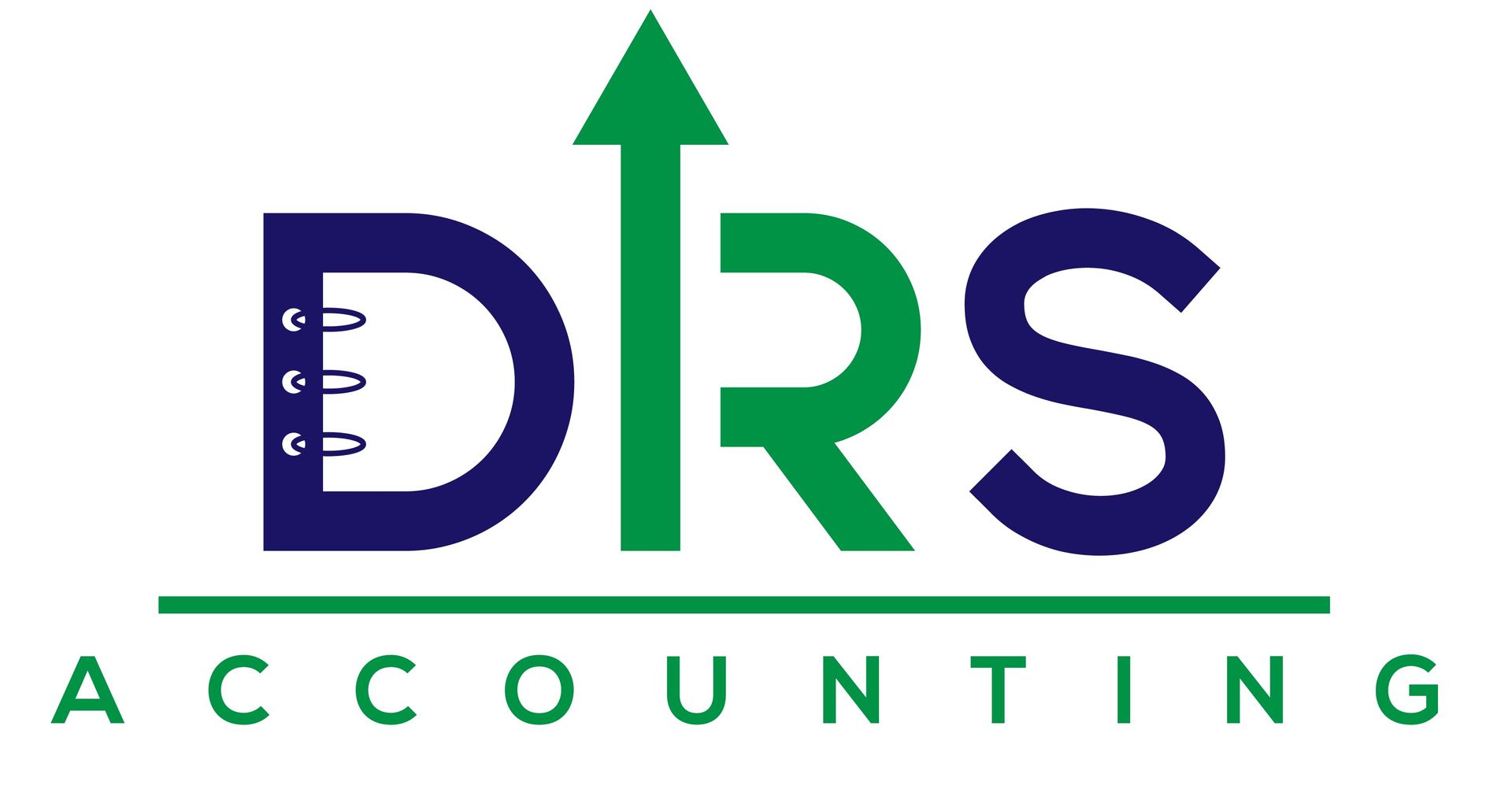California R&D Tax Credit: A Hidden Boost for Small Businesses
When most people hear “research and development,” they picture big tech companies or scientists in white coats. But in California, many small businesses can qualify for the Research & Development (R&D) Tax Credit, and it can save you thousands of dollars on state taxes. If you’ve ever tested a new idea, improved a process, or tried out a new tool or material in your business, you might be doing “R&D” without realizing it.
What is the California R&D Tax Credit?
The R&D Tax Credit is a special program from the California Franchise Tax Board that gives you a dollar for dollar reduction on your state taxes. That means if you qualify for a $10,000 credit, you lower your tax bill by the full $10,000. Unlike deductions, which just lower taxable income, a credit puts money straight back in your pocket.
And here’s some good news: if you don’t use all the credit in one year, you can carry it forward to future years. That makes it especially valuable for startups or businesses that are still growing.
More information: 2024 Instructions for Form FTB 3523 - Research Credit

What Counts as “Research”?
The word “research” makes people think it’s only for tech or science companies, but the rules are actually much broader. You may qualify if your work:
- Tries to improve how something works (a product, process, or system)
- Involves solving a technical problem or uncertainty
- Requires testing, prototyping, or experimenting with different approaches
Common expenses that qualify include wages for employees working on the project, supplies used in testing, and money paid to outside contractors who help with development.
Examples of Qualifying R&D Activities in California
To help illustrate how the California Research Credit can apply across industries, here are two real world scenarios:
A Therapist with a Private Practice
Imagine a therapist who builds a secure, HIPAA-compliant telehealth platform for clients. She pays developers to test different video tools, tries out scheduling integrations, and experiments with new features to track client progress.
Even though this is a healthcare practice, the work counts as R&D because she’s experimenting with technology to improve services. Her development costs could qualify for the credit, helping her cut state taxes.
A Small Construction Company
A local contractor works on a sustainable housing project. To make it work, the company experiments with eco-friendly materials, tests new insulation methods, and creates prototypes for modular walls.
All of that trial and error problem solving may qualify as R&D. The company can claim wages, materials, and engineering costs tied to the project, which can add up to significant tax savings.
Why Most Small Businesses Miss Out
The biggest mistake business owners make is assuming this credit is only for large companies. In reality, lots of small businesses qualify, from restaurants testing new recipes, to manufacturers improving production lines, to software companies building new tools. The key is keeping good records that show the work was experimental and aimed at solving a problem.
At DRS Accounting PC, we’ve seen too many small businesses overlook this credit simply because no one told them they qualified. We help owners figure out which projects count, gather the right documentation, and file the forms needed to claim both the California and federal R&D credits.
Schedule a free consultation to find out if your business qualifies.



